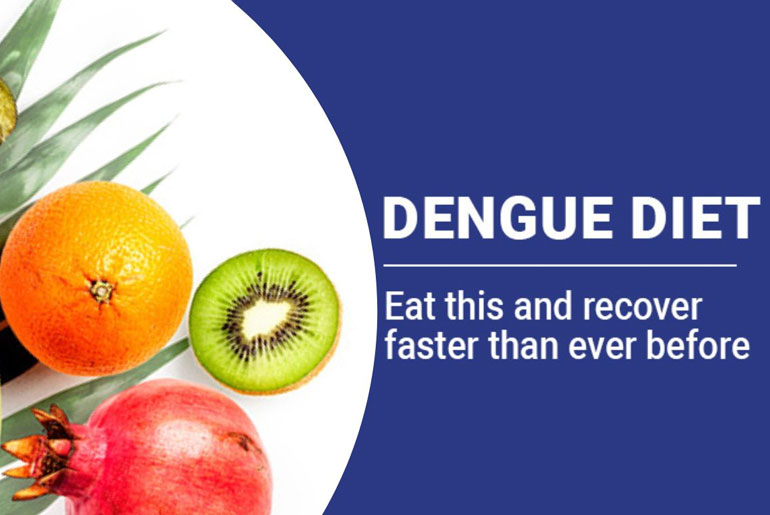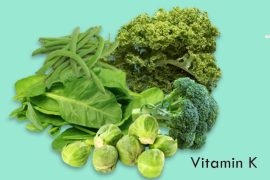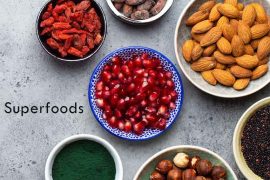Dengue fever has become a growing concern in various regions of India, including Lucknow, Madhya Pradesh, and Vishakhapatnam, in 2023 due to favorable conditions for the breeding and thriving of Aedes mosquitoes, the vectors responsible for transmitting the DENV virus to humans. Warmer temperatures and high humidity levels create a conducive environment for these disease-carrying mosquitoes. However, India is not alone in experiencing a surge in dengue cases this year, as several other countries have also witnessed a significant rise in the number of infections. Dengue is a viral illness that is transmitted through mosquito bites, and it can cause platelet loss and inflammation in the body, making it crucial for individuals recovering from dengue to focus on their nutrition to regain strength. Fruits and vegetables rich in essential nutrients such as vitamins, minerals, fiber, and iron can play a vital role in boosting immunity and aiding the recovery process.
It is imperative for individuals recovering from dengue to pay special attention to their diet, as the virus can deplete platelets and lead to inflammation. Nutrient-rich foods like fruits and vegetables can provide the necessary vitamins, minerals, and fiber to support the immune system and assist in the healing process. Maintaining proper blood hemoglobin levels is essential for platelet production, and a well-balanced diet can aid in this aspect of recovery. In 2023, the spread of mosquito-borne illnesses like dengue underscores the importance of taking preventative measures, such as mosquito control, while also focusing on post-infection nutrition to help individuals regain their strength and health.
list of 8 fruits and vegetables that can aid in dengue recovery:
1. Kiwi:
When dealing with dengue fever, maintaining a nutritious diet is crucial for a speedy recovery. Kiwi fruit, rich in Vitamin C, potassium, polyphenols, and antioxidants like Gallic acid and Trolox equivalent, plays a significant role in enhancing the body’s immune defenses, aiding in the effective combat of infections. Additionally, it helps restore electrolyte balance, which can become disrupted during dengue, thus promoting a holistic approach to recovery by bolstering immunity and addressing electrolyte needs.
2. Papaya:
Papaya is a valuable fruit for individuals battling dengue fever due to its rich content of biologically active compounds such as papain, caricain, chymopapain, and acetogenin. These components offer anti-inflammatory and antioxidant properties, which not only bolster the body’s immune system but also aid in reducing inflammation associated with dengue. Consequently, papaya can play a significant role in facilitating a quicker recovery from the illness.
3. Pomegranate:
Pomegranate is a beneficial fruit, particularly for individuals recovering from dengue fever. Its high iron content is instrumental in restoring essential hematological parameters in the body, which can aid in preserving platelet counts. This preservation of platelet levels is vital for reducing fatigue and exhaustion experienced during and after dengue fever, ultimately contributing to the maintenance of energy levels and overall recovery.
4. Spinach:
Spinach is a valuable addition to the diet of dengue patients. While it doesn’t directly increase platelet counts, its high Vitamin K content can enhance the clotting ability of blood cells, which is important for individuals with reduced platelet counts. Moreover, spinach provides essential nutrients such as iron, folate, and Omega-3 fatty acids, and it can help reduce inflammation by suppressing pro-inflammatory cytokines. This anti-inflammatory effect is beneficial for dengue patients, and it also aids in protecting the body against oxidative stress induced by the virus. Overall, spinach promotes faster recovery from symptoms like fatigue and weakness in individuals with dengue fever.
5. Beetroot:
Beetroot is a nutritious choice for individuals recovering from dengue fever. It is rich in iron and folic acid, both of which are essential for the production of red blood cells, helping to maintain crucial hematological parameters. Furthermore, beetroot’s detoxifying properties can aid in cleansing the liver and enhancing its function, which is important for overall health and recovery. Additionally, its antioxidant properties can help prevent free radical damage to platelets in the body caused by dengue-related inflammation. Although beetroot supports hematological parameters and overall health, it’s worth noting that there’s limited evidence of a direct impact on platelet levels in the context of dengue fever.
6. Citrus fruits:
Citrus fruits, including oranges, gooseberries, and lemons, are renowned for their high vitamin C content, which plays a pivotal role in strengthening the immune system and reducing oxidative stress in the body. One notable benefit in the context of dengue fever is their ability to expedite the replenishment of platelets in the bloodstream, potentially lowering the risk of bleeding and the necessity for platelet transfusions. This makes citrus fruits a valuable addition to the diet of individuals recovering from dengue, aiding in their overall recovery and health.
7. Pumpkin:
Pumpkin is a versatile vegetable that offers several health benefits. It is notably rich in vitamin A and antioxidants, particularly beta-carotene. These compounds contribute to its anti-inflammatory and antioxidant properties, which can help combat inflammation and reduce oxidative stress in the body. Incorporating pumpkin into your diet can support overall health and well-being by mitigating the effects of inflammation and oxidative damage.
8. Guava:
Guava is indeed a nutritious fruit that can be beneficial for individuals recovering from dengue. It is a good source of vitamin C, which helps support and strengthen the immune system, an essential factor in the recovery process. Additionally, guava contains fiber, which aids digestion and can be particularly helpful during recovery, as digestive issues are common during and after dengue fever. By supporting digestion and providing immune-boosting nutrients, guava can contribute to overall health and a quicker recovery from dengue.
Including these fruits and vegetables in your diet can provide essential nutrients and antioxidants to help your body recover more effectively from dengue fever.
Disclaimer:
The information contained in this article is for educational and informational purposes only and is not intended as a health advice. We would ask you to consult a qualified professional or medical expert to gain additional knowledge before you choose to consume any product or perform any exercise.








